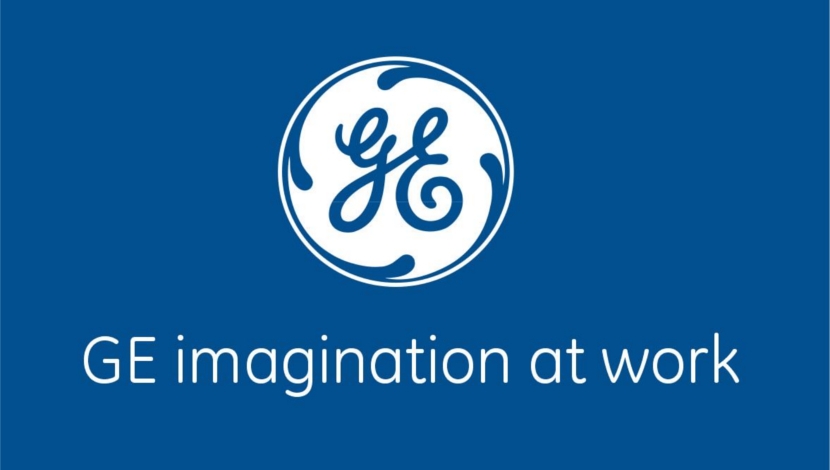
Seifsa CEO Kaizer Nyatsumba said the struggling South African business community – especially the companies in the metals and engineering sector – could not afford to pay any additional taxes to government.
This followed speculation that Finance Minister Nhlanhla Nene could possibly announce an increase in taxes when he delivers his budget speech next week, to tackle the R27-billion revenue shortfall expected in the next two years.
“For a developing country struggling for investment, South Africa ranks among countries in the world with relatively high corporate taxes. Businesses in South Africa are already heavily taxed in the form of direct or company taxes, as well as a surfeit of indirect taxes,” he said.
“South Africa’s economic growth is painfully slow and unemployment levels extremely high, so government would be ill advised to impose additional taxes on businesses which are already struggling, with a growing number of companies downsizing,” said Nyatsumba.
“In a country with a small tax-paying population, our preoccupation should be to grow the economy to create more employment and to see more people moving to the higher threshold of personal taxes, and not to punish higher-income earners by raising taxes.
“Government’s priority should be to ensure that every tax rand is used wisely, to the benefit of the country, and that it does not end up in the pockets of some selfish individuals through corruption,” Nyatsumba said.
Further, he suggested that, to raise funds, Treasury could increase the fuel levy and sin taxes, in addition to better management of public finances.





